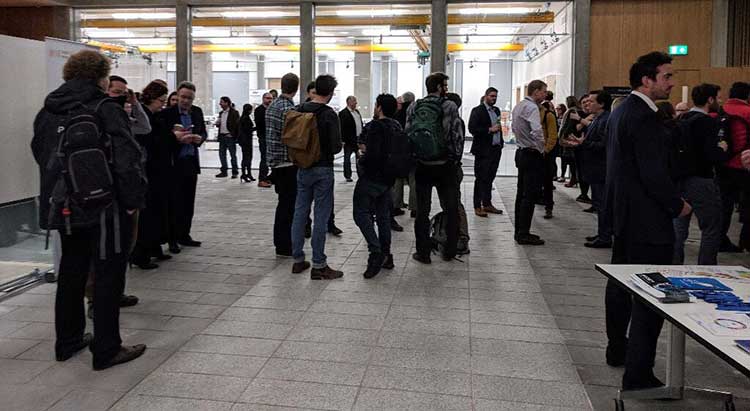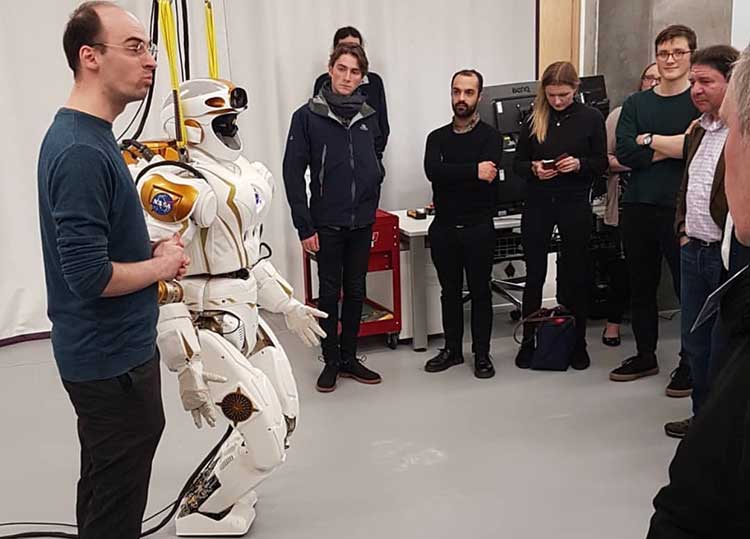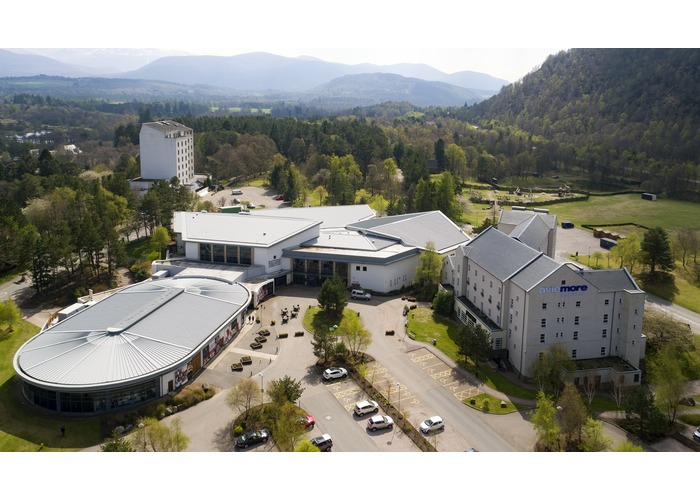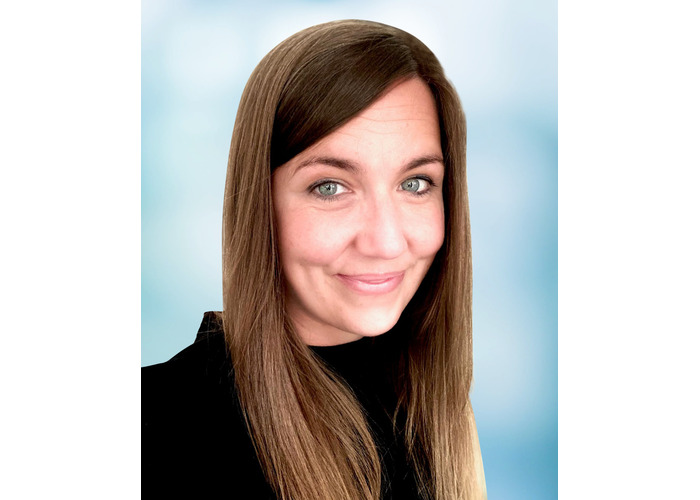“It’s probably such a fragmented industry because funding comes from so many different places,” PhD researcher Matjaz Vidmar told me over drinks after the Space Technology Scotland event.
The meetup was an attempt to connect all the players in the rapidly growing Scottish space ecosystem in the impressive Bayes Centre in Edinburgh on Tuesday night.
This hub for science and engineering houses a variety of incubators, labs and companies, including NASA’s ‘Valkyrie’. This strikingly human-looking robot is part of a project focused on robotic pre-deployment and assisted human robot operations in space. One of the engineers explained that that one aim is to research the possibility of humans living on Mars…
It was in front of this glass-fronted robotics lab that academics, private companies, business support networks and students met to discuss the rapid developments in the fragmented space sector.

The global space economy is predicted to be worth £400bn by 2030, and the UK government aspires to capture 10% of that.
Scotland has a rapidly growing space sector, with a 27% increase in jobs between 2012 and 2017. A spaceport in Sutherland is in the pipeline, which would complete end-to-end capacity for small satellites.
The event was hosted by Dr Murray Collins from the School of Geosciences at the University of Edinburgh with support from the Scottish Funding Council.
“We need better communication and coordination to strengthen Scotland’s space offering,” he said.
“Local companies indicate that there are new and evolving needs for training in the sector, which might be provided as Continuous Professional Development. We held this event to bring the Edinburgh ecosystem together to better understand the services places like the Bayes Centre and the Data Lab offer and the opportunities the Edinburgh City Deal offers the space sector.”
See a previous interview with Dr Murray Collins here
Edinburgh has ambitions to be the data capital of Europe, according to Simon Marr, Business Development Manager at the University of Edinburgh.
“There is a £660m co-investment over 15 years from the City Deal for the Data-Driven Innovation programme,” he told the audience.
The space industry stands to benefit hugely from this, given that such vast amounts of data are now freely available from satellites.
Dr Steve Hancock from the School of Geosciences explained the rapid advances in satellite data, including the importance of LIDAR for measuring tropical forests. Data from the GEDI instrument will be available later in 2019, which offers denser measurements more suitable for forests than the previous LIDAR satellite. Fuse this with existing data and suddenly the information available about the types and health of forests, for example, is extremely comprehensive.
Speaking to several MSc students, many of whom are international students, it was clear to me there is real excitement about Scotland’s space sector. It feels a bit like the entrepreneurial ecosystem a few years ago when links were being forged and a cohesive ‘strategy’ was forming.
I’d watch this space.





